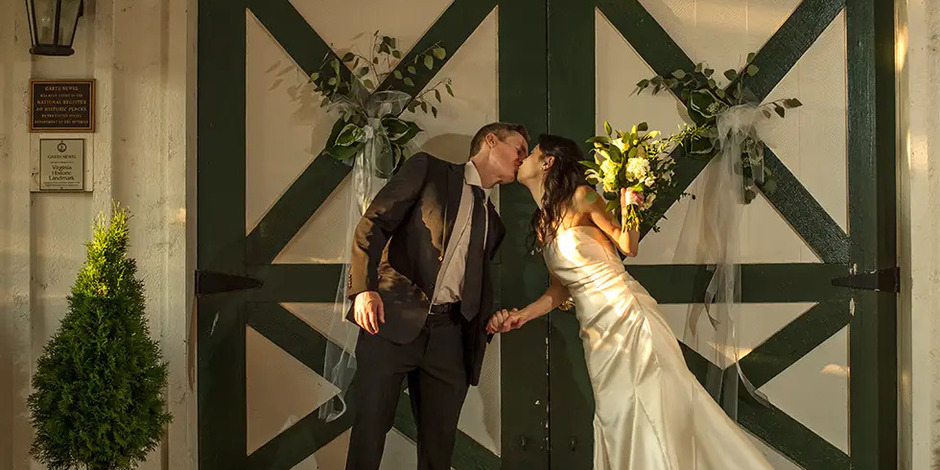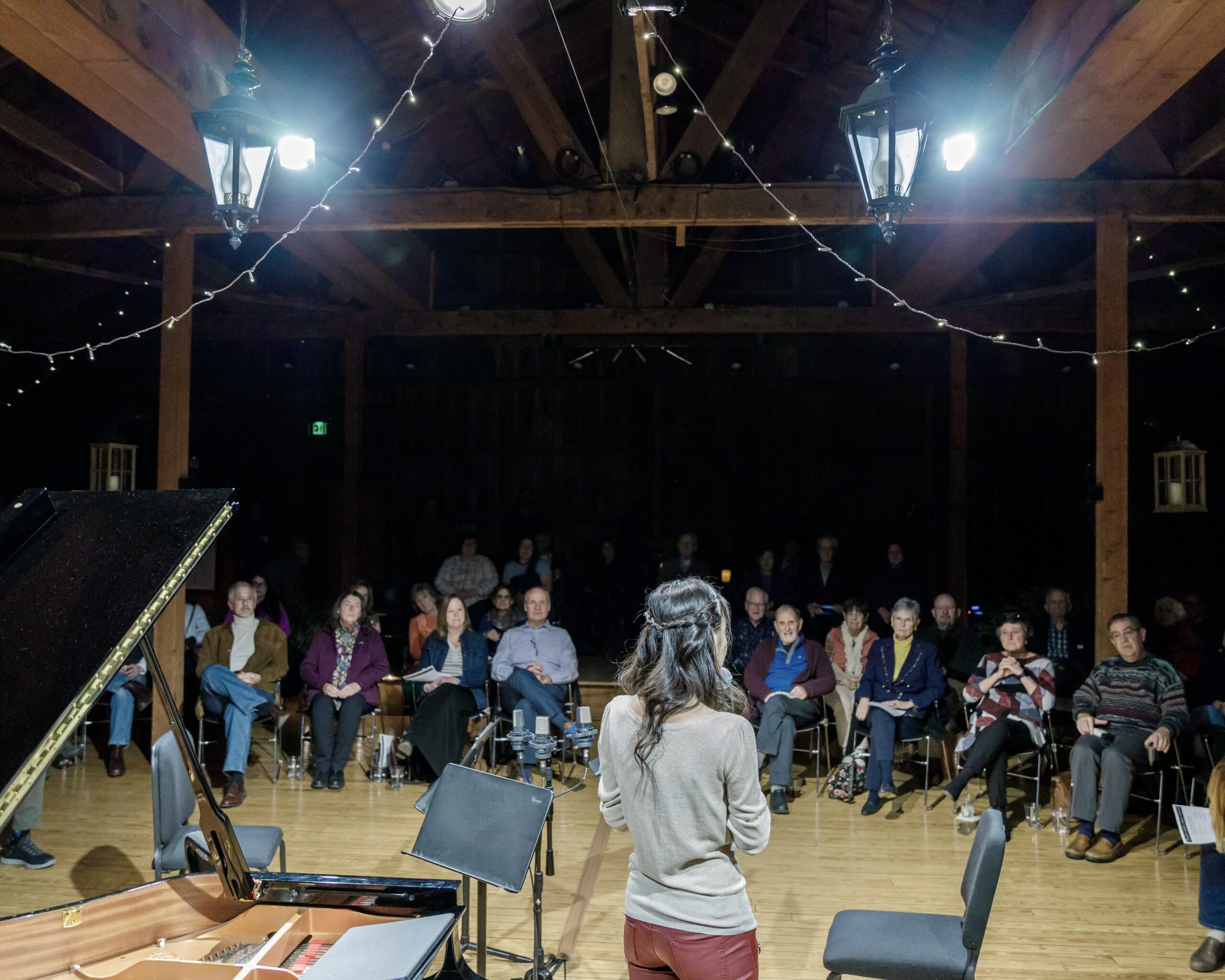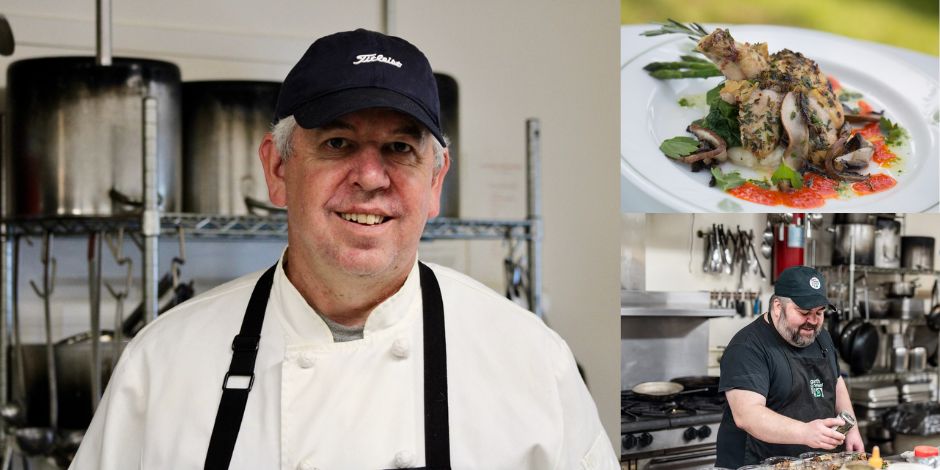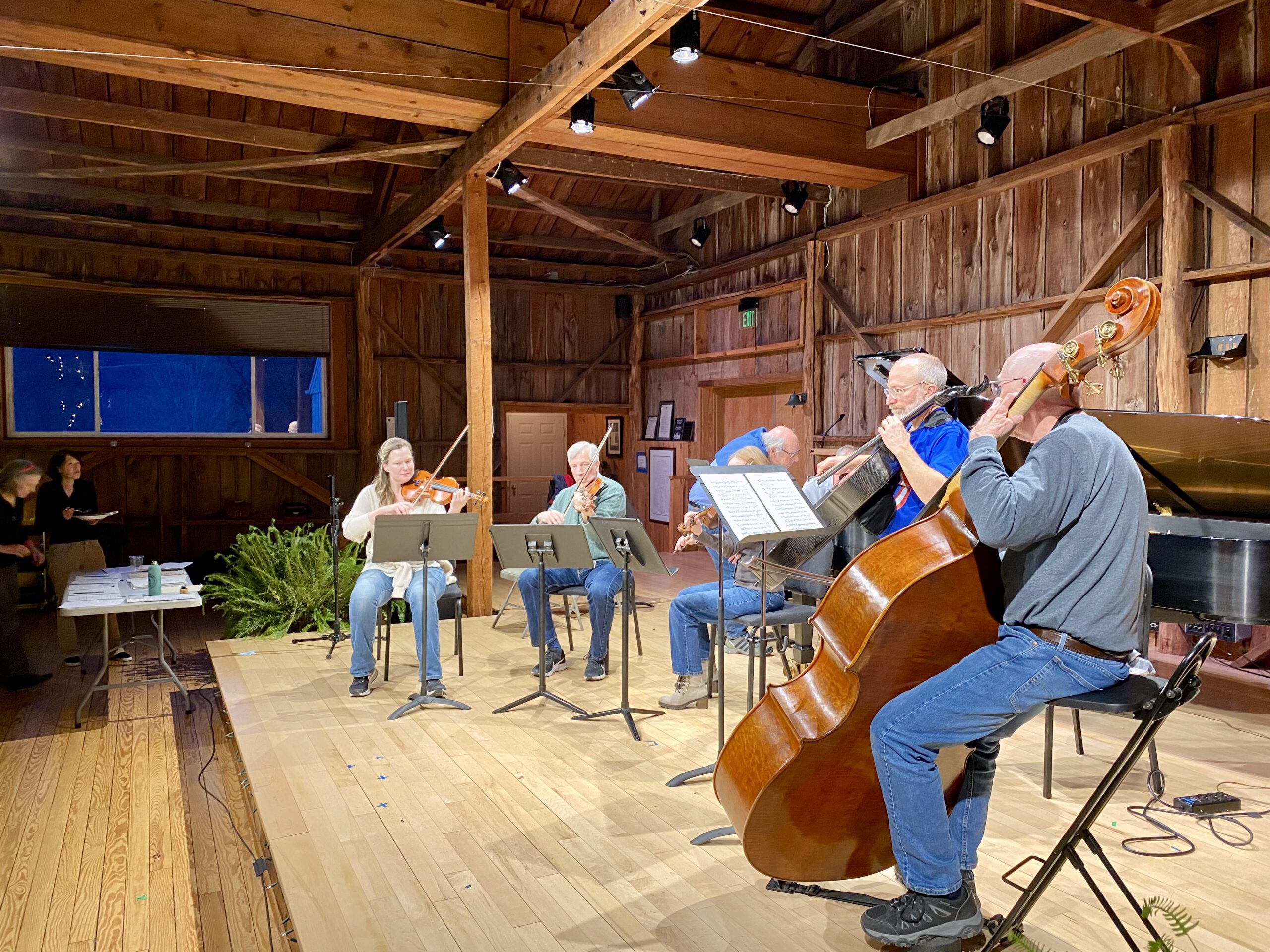At college, I wound up mostly hanging out with string players. There were a multitude of reasons why I was drawn to them; they shared and encouraged the same geeky excitements I had, they loved to sightread and discover new pieces, and they were positive and affectionate towards other musicians. They demonstrated a joy in togetherness that must have come from growing up playing in youth orchestra or quartets. In that way, they were ahead of many of us pianists, who grew up plinking by ourselves, door closed, our minds yawning because no one else was here to stimulate or challenge it. We rarely had the chance to verbalize our process to others, never getting to that marvelous point of solidifying our ideas through talking it through with another musical mind. I’ve had wonderful pianist friends since then, and really treasure the ones I got to geek out with on troubleshooting fingerings and hand arrangements. But those pianist friends were rare, because most often it seemed that pianists wanted to be left alone to their own practice, viewing anyone who popped in as a intrusion. As a contrast, string players always seemed to be playing for each other and solving problems together. Almost as if their peers were their allies! Imagine that.
(Lest you think I am a crazy paranoid pianist, I bring up a warning one of my teachers once gave me. <I mean, I AM a crazy paranoid pianist, but not, I think, in this context>. I had been getting ready for a competition, and had mentioned during my lesson that I was playing parts of my program through for a fellow studiomate as a way of preparing. His eyes got wide and he said “Well, ok. But just be careful. Just take their comments with a grain of salt. When you play through for other pianists, they may not always have your best interest in mind”).
Brrr.
To be honest, I have always found it more helpful to run things through for other instrumentalists. Maybe its because pianists sometimes get bogged down with minute details like how to get around a certain passage, or how Richter does this passage this one way and that’s the gospel, or they’re just so sick of this one piece becuase EVERYONE plays it and its ruined forever. But I’ve had such enlightening comments from string players, whose lack of familiarity with the hang-ups or history of piano technique gave them a clearer perspective. They would ask for a certain sound which most pianists would immediately pooh-pooh as impossible on the instrument, but you know what? Why don’t I try? Or the concept of the instant decay of our sound wasn’t intuitive to them, so they would point out a certain “clumsiness” or “blockiness” of a melody. And you know what? Striving for a more string-like sound has given me a much larger range than if I merely got feedback from fellow pianists.
More importantly, I owe my love for chamber music to all the string players I got close to, for the brilliance and understanding they demonstrated on how to communicate music as a team rather than as an individual. I’ll never forget how blown my mind was when my violinist suggested “why don’t we cue this all together?” and I was like…wait….this can work? Or when I was prompted to listen outside of myself first, instead of as an afterthought. I couldn’t believe how unaware I was before that, busily plinking along with the hope that everything would just sort of line up. (Like magic! The magic being an exasperated violinist who was sick of having to follow me all the time).
Ultimately, I was friends with string players because they were, well, really good friends. They were always willing to drop what they were doing and offer genuine musical feedback. They were always there when you wanted to coalesce a thought with conversation, and their time was not too precious to them because they understood the value of connection in making music.
This is all a gargantuan preamble to say how much I appreciate being among the string players here at Garth Newel. Because not only are Isaac, Evelyn, and Teresa wonderful musicians that teach me everyday how to be a better chamber player, but they are also such warm-hearted, sincere, and joyful individuals that they model for me how to be a better person.
Here is Teresa, Isaac, and Evelyn playing Tchaikovsky’s Souvenir de Florence with our awesome guest artists, Juliette Kang (violin), Tom Kraines (cello), and Scott Rawls (viola), which they performed this past New Year’s Eve. I think you can see that everyone was having a great time up there.













